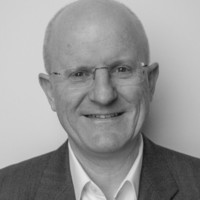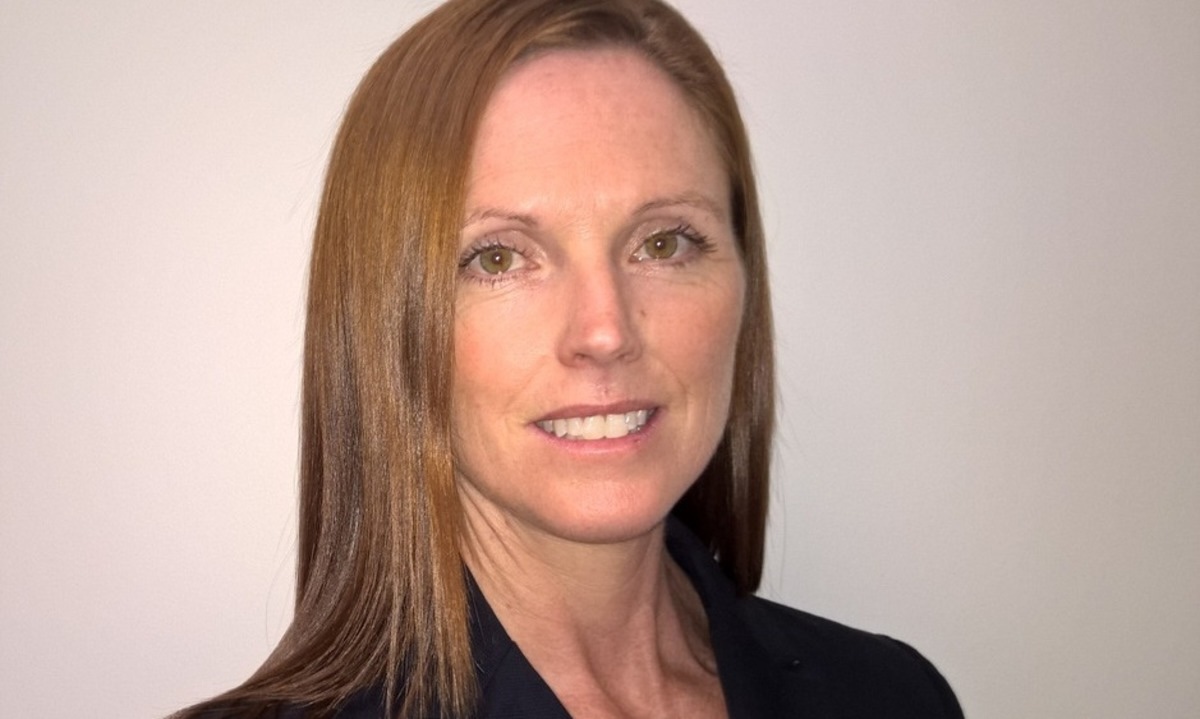A coalition of major data centre operators and technology companies has launched a new national peak body, Data Centres Australia, intended to coordinate policy engagement and support the country’s ambitions in AI-related digital infrastructure.
The organisation was formally introduced by assistant minister for science, technology and the digital economy, Andrew Charlton, who described data centres as “the engines of the modern economy” and said they could contribute to Australia’s “productivity and sustainability agendas”. He said the launch recognised “the dynamic growth and strategic value of the Australian data centre sector” and called the establishment of the body “an important step forward in ensuring the sector can fulfil its potential”.
Founding members include AirTrunk, Amazon Web Services, CDC Data Centres, Microsoft and NEXTDC, which had operated in an informal alliance for two years prior to the launch. New members announced today include Equinix, Goodman Group, Schneider Electric, STACK Infrastructure and TikTok. AirTrunk and STACK Infrastructure have joined as principal members.
According to the group, Australian data centre investment is forecast to reach AUD 26 billion by 2030. Data Centres Australia will be led by CEO Belinda Dennett, a public policy specialist with more than 20 years’ experience in Australia’s digital economy, including senior roles at AirTrunk and Microsoft. Dennett said the formation of a sector-wide representative body reflects the scale of global competition for AI infrastructure.
“This is an extraordinary time with the world racing for strategic advantage in AI infrastructure,” she said. She argued that Australia has “already produced several world-class data centre companies and captured the attention of the global AI ecosystem”, but added that realising broader national benefits would depend on “urgency, coordination and shared execution”. She said the “complexity and scale of AI infrastructure expansion is challenging the conventional ways that we facilitate development”, describing the shift as “historical” and a “generational chance” for the country.
New approaches
Dennett said the complexity of AI-related infrastructure requires new approaches to planning and development. “Countries that bring government, industry and stakeholders into genuine alignment, and move together at speed, will lead this industrial transformation,” she said.
The group will focus on issues such as planning, energy, water and workforce development. “Our members are at the forefront of AI infrastructure development,” Dennett said, adding that the organisation will work to identify “practical policy solutions” to establish Australia as a hub for AI investment and sustainable data centre development.
Economic contribution
At launch, the peak body released new research from Mandala Partners on the economic contribution of data centres and their role in the renewable energy transition. The report finds that data centre operators have invested AUD 3.1 billion in grid infrastructure since 2020, with a further AUD 7.2 billion expected by 2030. Dennett described the report as “an important benchmark”, saying it provides “new insight on data centre water demand” and supports “informed, evidence-based policy discussion”.
State governments also welcomed the initiative. NSW minister for planning and public spaces, Paul Scully, said the new organisation would help NSW and Australia continue attracting major digital innovation investments, building on work by the NSW government to attract job-creating investments in digital infrastructure.
Victorian minister for economic growth and jobs, Danny Pearson, said Victoria is proud to be a leader in sustainable data centre investment and that the group would help governments and industry work together to maximise the opportunity.
Industry leaders voiced strong support. AirTrunk’s chief development officer, Paul Slaven, said Australia needs “greater understanding… of how data centres can be delivered at the scale and speed required, and responsibly”. CDC Data Centres CEO Greg Boorer said the sector now has a “united and clear voice”, arguing that Australia’s potential is “immense” provided the country can “be effective in realising it”.
Microsoft’s Karie Bradfield said “countries that align policy, industry and communities will lead the AI era”, while NEXTDC CEO Craig Scroggie described digital infrastructure as “critical national infrastructure underpinning security, productivity and future industry growth”. Equinix Australia managing director Guy Danskine said coordinated leadership was essential as demand accelerates, adding that the national opportunity is to “strengthen Australia’s position as a regional hub for AI infrastructure”.
Other members also highlighted the economic and strategic significance of the sector. Goodman Group’s Australian CEO Jason Little said data centres are “the backbone of this digital future”, while Schneider Electric’s Joe Craparotta said joining the organisation would strengthen collaboration on sustainability and power innovation. STACK Infrastructure’s Australian managing director, Joel O’Halloran, said Australia “has all the essential ingredients for success” in global digital and AI infrastructure markets, citing workforce skills, renewable energy access and stable policy settings.
Broader industry bodies endorsed the formation of the group. Business Council of Australia CEO Bran Black said attracting investment required “the best possible regulatory framework”, and Tech Council of Australia CEO Damian Kassabgi said Data Centres Australia arrives at “a pivotal time” in the country’s AI development.
Data Centres Australia will now begin formal engagement with governments and stakeholders, aiming to coordinate policy settings and infrastructure requirements as Australia seeks to expand its role in the global AI and digital economy.


